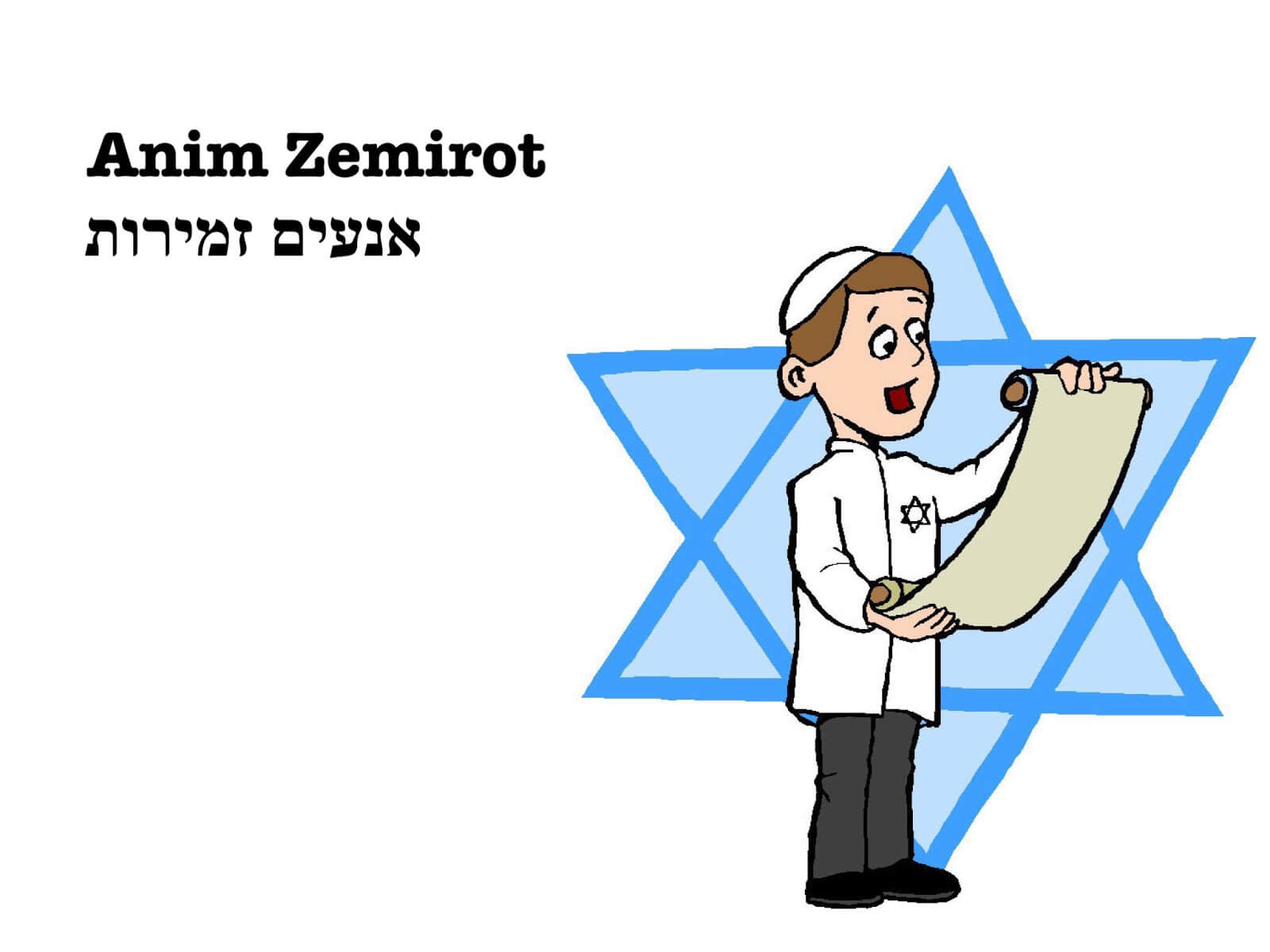The liturgy of the synagogue has developed over the span of Jewish history. Some parts of the service – such as the Shema, which is a recitation of Biblical text – originate from Judaism’s most ancient sources. Others are from the age of the early sages – such as the Amidah, which was formulated by the Men of the Great Assembly. Many other liturgical pieces, however, were added more “recently” – such as Shir Hakavod, The Song of Honor, which was written in the late 13th century.
More commonly referred to by its opening words, An’im Zemirot (I Will Compose Pleasant Songs), Shir Hakavod is generally attributed to Rabbi Judah Hachasid. The acrostic poem’s purpose, as expressed in its opening lines, is to “speak about You [God] and Your glories. I will honor Your Name with songs of love. I will tell of Your glory, though I cannot see You. I will describe You metaphorically though I cannot truly know You.”
The poem was added to the liturgy, and many rabbis felt that the words were so inspiring and, indeed, holy, that its actual recitation should be limited so that they do not become mundane. Thus it is that while An’im Zemirot is recorded in some prayerbooks as part of the daily prayer service, it is generally recited on Shabbat and holidays, often before the Torah reading service or at the end of Mussaf (the additional service). Some opinions state that it should only be recited on the High Holidays. Because it is considered particularly inspired, it is customary for the ark housing the Torah scrolls to be opened while it is recited. It is interesting to note, one additional custom: many synagogues choose a youth or call on interested youths to lead the call-and-respond recitation as a way of involving and encouraging the participation of the younger synagogue attendees.

Copyright © 2017 NJOP. All rights reserved.
Bibliography
Related Posts
Pleasant Shabbat
Although Shabbat is the 9th of Av, mourning is pushed off until the 10th. Enjoy your…
0 Comments1 Minute
Prayers in Song
Don't hesitate to pray with song if it helps you to connect to the spiritual.
0 Comments1 Minute
Sing A Song
While the Book of Psalms is filled with beautiful poems that are often transformed into…
0 Comments1 Minute
 Print This Page
Print This Page